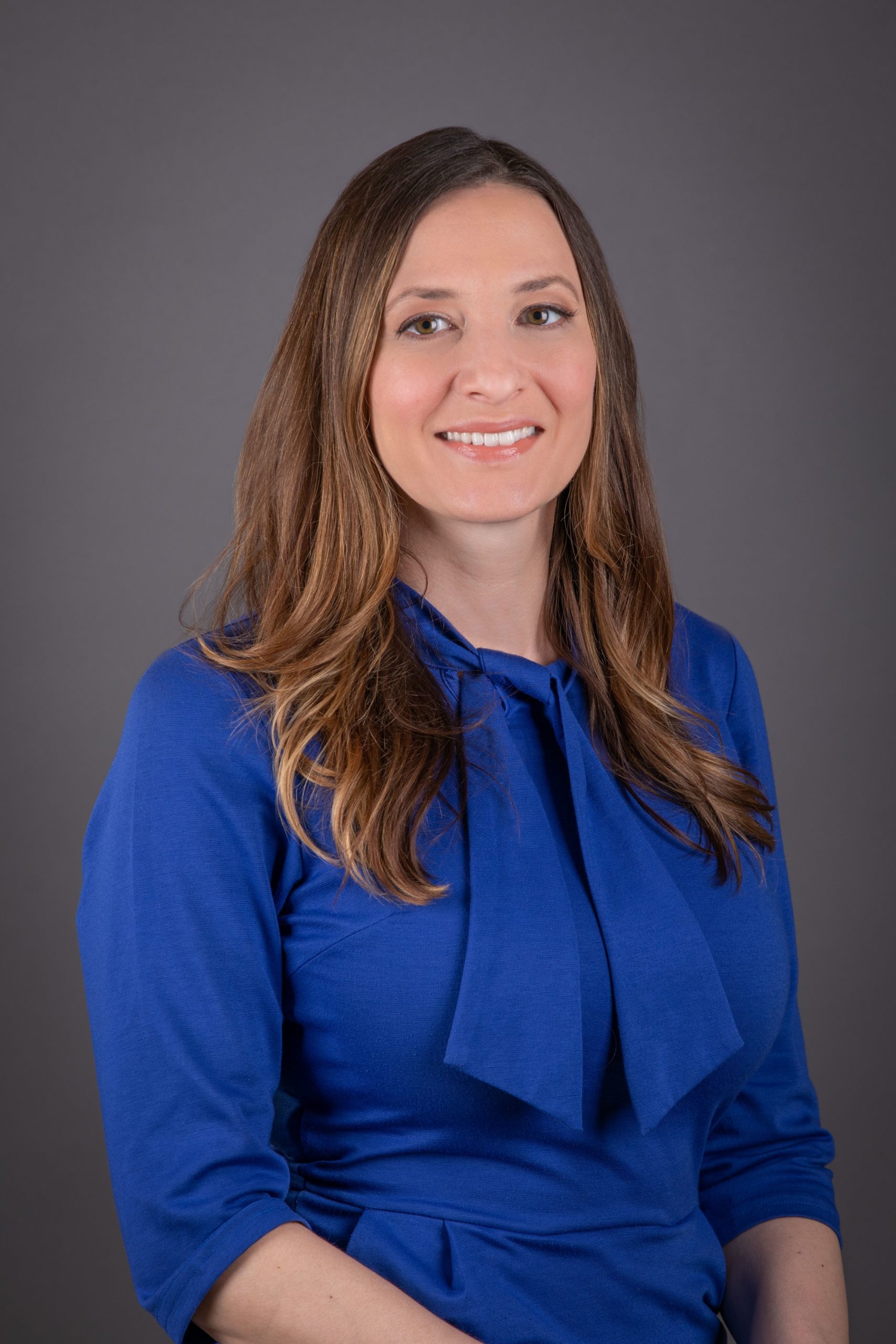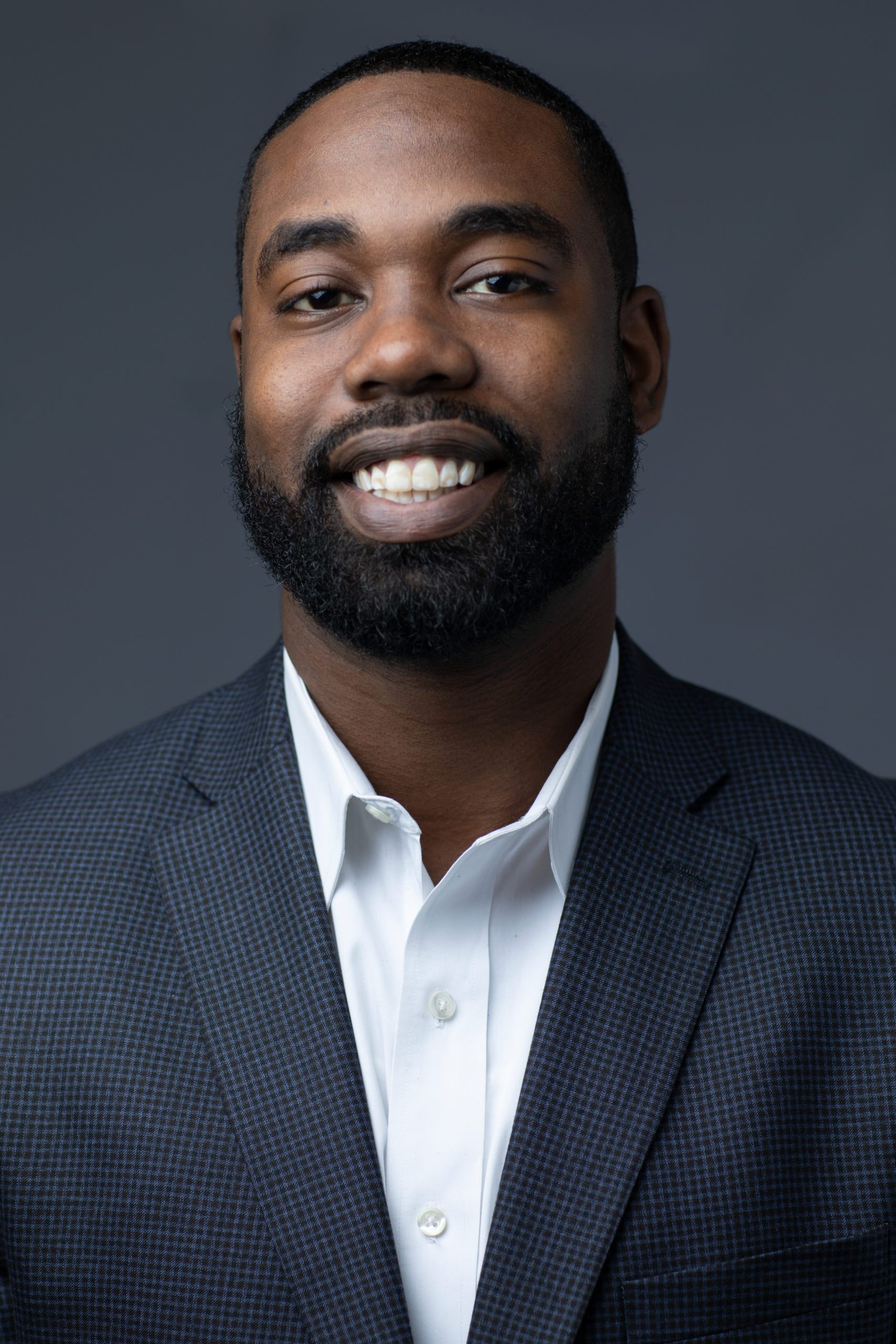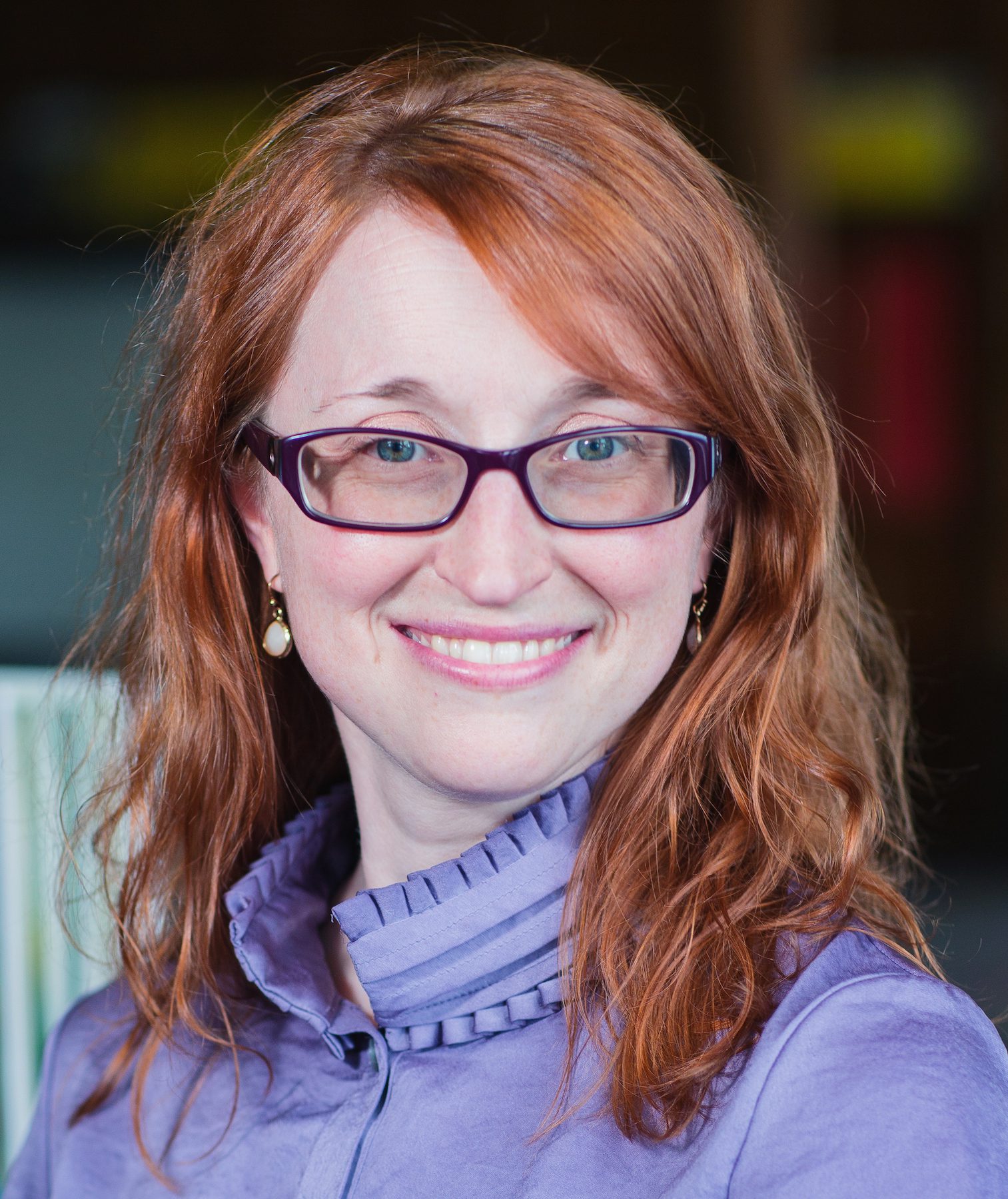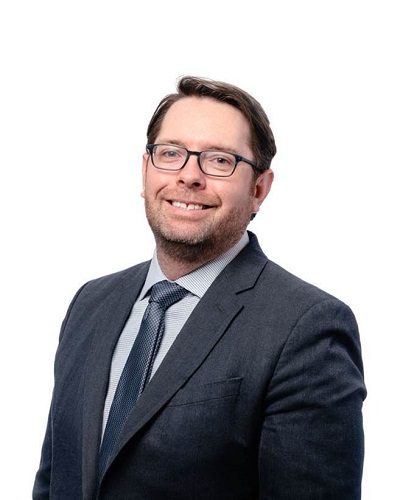Meet Leadership Detroit Class XLI
September 18, 2019
Director, Department of Planning and Economic Development, Macomb County
Q: Share a particular issue or challenge in the community that you are really passionate about. What specific changes relative to this issue are you pushing to see?
A: I am truly passionate about providing opportunities for our future talent pipeline. I see the current and future workforce needs and am pushing to engage more activities that connect students to employees and future technologies.
Q: How do relationships shape your work? What are your thoughts on how tapping into relationships among a broad and diverse group of leaders will impact your work?
A: My work is defined by relationship building. In order to transform a community, it’s key to be surrounded by good positive energy. Working in county government, I have to continually engage our community partners. These partners represent local, state, regional, and federal organizations. Our multipliers are the leaders and stakeholders who represent non-profit and private entities.

Director, State and Local Government Affairs, Quicken Loans
Q: Share a particular issue or challenge in the community that you are really passionate about. What specific changes relative to this issue are you pushing to see?
A: There is a lack of enrollment into the skilled trades and I’d like to see more recruiting done by the trades schools. Kids need to be introduced to the opportunity and understand that they can be paid to learn a skill, have a job, a career, and potentially be a business owner in the future. With the shortage of folks in the trades, it’s caused rising construction costs and with the future attrition of skilled employees. The gap is only going to get larger. For the region to thrive, Detroiters need to be introduced to the opportunity and companies need to start opening their mind to having interns so that they can learn from experienced professionals. It’s a win-win for the region because jobs will be created, developer fees from the Executive Order will be decreased, and companies will have new team members to backfill for retiring skilled employees.
Q: How do relationships shape your work? What are your thoughts on how tapping into relationships among a broad and diverse group of leaders will impact your work?
A: Solving problems comes down to building relationships and trust to reach a common goal. If it’s a big goal the success usually comes down to the team you have built to solve that problem. That means you have to be willing to meet new people, listen to new ideas, and sometimes adapt your approach in order to reach a goal. With that being said, having different and diverse perspectives helps you, your team, and organization grow and create equitable outcomes.

Michigan Director, Philanthropy, FoodCorps Michigan
Q: Do you currently have someone in your professional life that you would consider a mentor? If so, how does that person support you as a leader? Has your current mentor or mentors you have had in the past, shaped your leadership style, and if so, in what ways?
A: I am fortunate to have had several mentors over the years who have provided valuable advice as I’ve navigated my career path. Some of the lessons I’ve learned from professional mentors include: How to be bold without losing empathy, how to dream big, and it’s all about relationships.
Q: How do relationships shape your work? What are your thoughts on how tapping into relationships among a broad and diverse group of leaders will impact your work?
A: While relationships are crucial cross-sector, they are especially critical for nonprofit work – from programmatic partnerships to volunteerism, board participation, thought partnerships, fundraising, and every day cheerleaders who simply help spread the word about important work being done. I am excited to strengthen relationships with the broad and diverse leadership of Leadership Detroit Class XLI to uncover new connections to prospective partners for the work I’m currently doing and to also expand my own connectedness to important work being done in our region outside of my current framework.
 Michael Shaw, Program Director, Hudson Webber Foundation
Michael Shaw, Program Director, Hudson Webber Foundation
Q: Do you currently have someone in your professional life that you would consider a mentor? If so, how does that person support you as a leader? Has your current mentor or mentors you have had in the past, shaped your leadership style, and if so, in what ways?
A: Formally, I worked with the CEO of a national foundation. We have structured and standing calls that we hold. We are committed to seeing each other at least once a year in person (they are on the west coast). The agreement is that we can ask anything and we will be frank. It gives me tremendous insight into the thinking and pressures at that level. This helps me as I aspire to that type of role. It further helps me in managing up to my CEO because it gives me the kind of context that I may be missing.
Informally, I have stayed in touch with former bosses. I had chosen to work for these folks because of their unique leadership roles and styles. They know my style, strengths, and gaps incredibly well. Having them available to reference experiences we shared together (successes and challenges) through the context of my work today and moving forward helps me identify where I have more fundamental gaps (things that are very hard for me to conquer) or where I have made strides.
Q: Share a particular issue or challenge in the community that you are really passionate about. What specific changes relative to this issue are you pushing to see?
A: I am passionate about ensuring that the change we are seeing in Detroit has the greatest benefit for Detroiters. Specifically, I am interested in advancing a mindset that encourages folks (changemakers, stakeholders, policymakers, influencers) to think ahead with a strengths-based perspective. Example, as we see market conditions return in Midtown and Downtown as a signal for the entire city, how are we thinking about where that momentum takes us (appreciation, affordability, culture, etc.) in order to safeguard that the benefit is retained for Detroiters or that we have mechanisms to protect and improve the quality of life?
